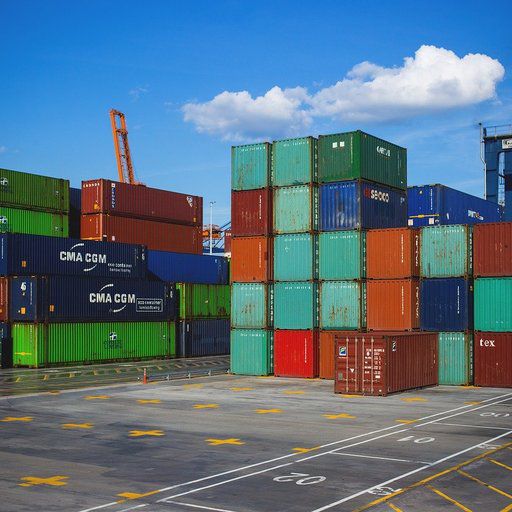Cloud Native with Docker & Kubernetes
Ahoy, Captain Blueshoe


What is Kubernetes?
The future of application development
Kubernetes (K8s) is an open source system that is designed to manage the execution of containers, such as those from Docker. It is a kind of orchestration system that helps to manage, test, scale and deploy software applications faster. A Kubernetes architecture is based on automated processes and consists of containers, clusters, pods and nodes.
At the top of the hierarchy are the containers, which contain applications and the software environment. So-called pods bring together all the containers that work together for an application. The pods in turn run on nodes, virtual or real machines. Kubernetes uses the term cluster to describe several nodes that belong together.
Advantages of Kubernetes:
- Flexible system that grows with you
- Can be used anywhere - whether on-site infrastructure or cloud
- Automated application provisioning
- Scaling of software applications
- More efficient management of microservices

What is Docker?
Containerization is key
Docker helps to deploy and scale software applications in any environment. The software is packaged together with libraries, code and system tools in standardised units. These units are known as containers. With the help of Docker containers, applications can be created and tested more quickly.
Containers such as those from Docker are the foundation for the creation of modern software applications and platforms. The fact that Docker technology is based on microservices means that development can be more efficient, granular and controllable. A great advantage for cost-efficient software development.
Advantages of Docker:
- Creating and scaling microservices
- Rapid integration and deployment of code
- Controlled management of content and infrastructure
- Modularity makes repairs and updates possible without any problems
- Faster development thanks to reusable container images
- Agile development thanks to rollback function (versioning)
- Cost-efficient operations of new hardware
Docker & Kubernetes: the perfect combination
Docker can be used to distribute and run a software application in different containers. With Kubernetes Development, the developer accesses these Docker containers and orchestrates them using automated processes. Kubernetes would not work without containers. That's why Docker and Kubernetes go hand in hand for our developers.

Why is Blueshoe your expert for Docker and Kubernetes?
We at Blueshoe have come to the conclusion that it makes perfect sense to deploy independent services in separate containers and have them orchestrated by Kubernetes. Almost all of our projects have several programmers working on different services. Development with Docker and Kubernetes is absolutely ideal.
We rely on k3d as our local Kubernetes cluster and PyCharm as our development environment. We also use Helm to manage the cluster and Telepresence for live code reloading.
Successful projects with Docker & Kubernetes
Here you will find a selection of projects that we have implemented with Docker and Kubernetes. We would be happy to tell you more!
























